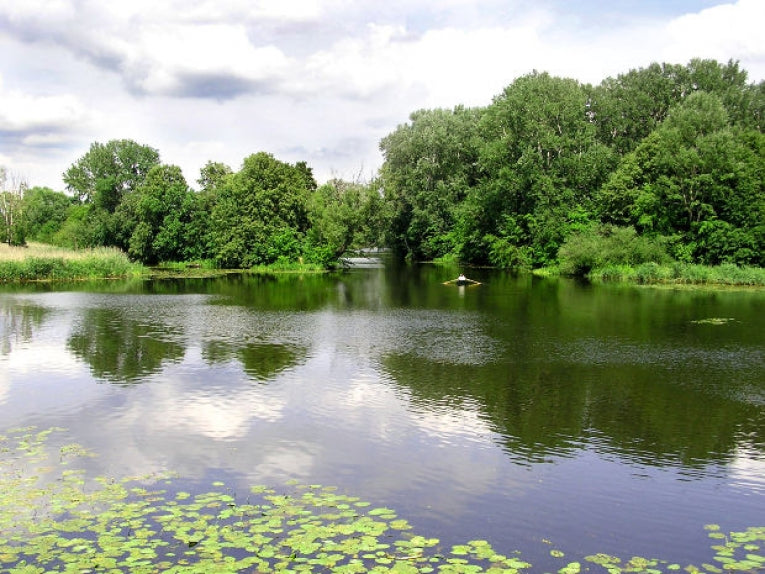The UK's Environment Agency has defined the last decade as 'the best for rivers since the industrial revolution'. With dramatic improvements in water quality and the general environment around rivers the results have been seen in the recovery of wildlife in the British countryside.
There are record numbers of salmon and sea trout in the Mersey, Tyne and Thames, while the water vole and otter are making a comeback – the latter animals being sighted in every region in England and Wales.
Serious water pollution incidents have more than halved since 2001 and in October 2010 the River Thames won the world's biggest environmental prize – the $350,000 AUD International Theiss River Prize, which celebrates outstanding achievement in river management and restoration.
For this, the Thames beat off impressive competition from the Yellow River in China, the Hattah Lakes in Australia and the Smirnykh Rivers Partnership in Japan. The achievement is made all the more impressive given that stretches of the UK's most famous river were at one time classed as 'biologically dead'.
While water quality has improved year on year for the last 20 years the Environment Agency is keen to ensure improvements continue with a pledge to clean up a further 9,500 miles of rivers in the next five years.
According to Ian Barker, the Environment Agency's Head of Water, the last decade shows what can be achieved through a variety of interventions and the work of diverse organisations - both in the public sector and voluntary organisations.
"Rivers in England and Wales are at their healthiest for over a century, with otters, salmon and other wildlife returning to many rivers in record numbers in locations across the country," says Mr Barker.
"There are still big challenges," he continues. "Pollution from fields and roads needs to be tackled. We will continue to work with farmers, businesses and water companies to reduce pollution and improve water quality even further."










